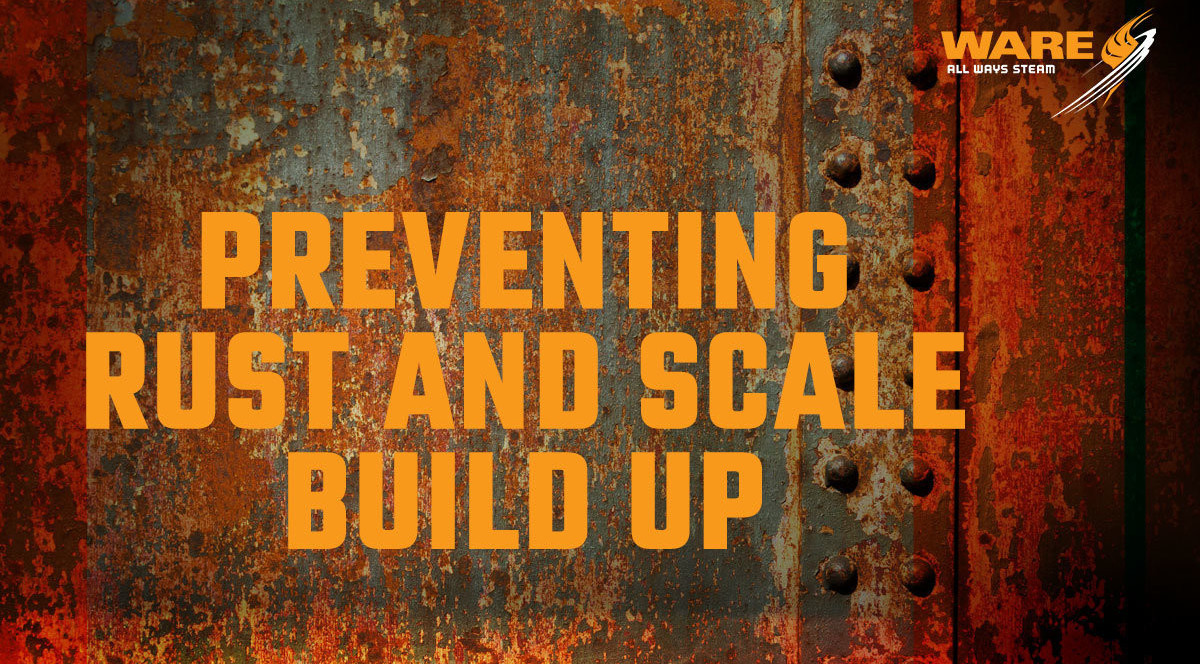Retubing your boiler is never the ideal scenario, but due to a variety of reasons, sometimes it’s a necessary step.
Water treatment is the reason most boilers need to be retubed
Here’s what often happens: the water isn’t treated properly at your facility. That means hard water, which contains too much calcium, is entering your boiler. When the water boils, it hardens the calcium in the water and causes it to stick to the boiler’s tubes. When this continues for a longer period of time, the calcium scale outside the boiler’s tubes acts as insulation, meaning the tubes can no longer transfer heat effectively.
Over time, if left untreated, this calcium build up can cause the metal on the tubes to crack. And if those cracks get deep enough, there’s no fixing the tubes. They’ll have to be completely replaced instead.
Water that’s been incorrectly treated can also lead to oxidation, which will cause the boiler’s tubes to rust out. Rusty tubes can’t properly hold water, and they’ll also have to be replaced throughout the system.
It’s important to keep in mind that retubing your boiler isn’t a part of routine maintenance. If your facility is treating the water properly, the tubes in your boiler should have a long lifespan.
Treating your water properly
Hiring a water treatment professional to regularly test the chemistry of your feedwater is the best solution. Once a professional has determined the water’s chemistry, they can offer solutions and make recommendations about how to properly treat the water, ultimately helping you avoid rust and scale build up in the boiler.
Routine boiler maintenance can make all the difference
To protect your boiler’s tubes from damage, you can also do a few different types of preventative maintenance. A daily boiler blowdown is part of your chemical treatment program and a great place to start. Doing blowdowns can help clear the boiler of excess calcium, which prevents scale build up over time.
Using a deaerator system is also a great way to maintain the correct amount of oxygen in the water flowing through your boiler. This helps to protect your boiler’s tubes against rust.
Even though your firetube boiler’s tubes won’t last forever, by following these tips and treating your feedwater correctly, you can prevent rust and scale build up. By extending the life of your tubes, you’ll save yourself and your facility money in the long run.
